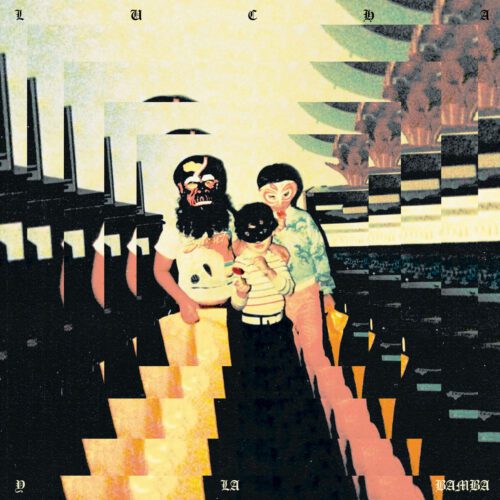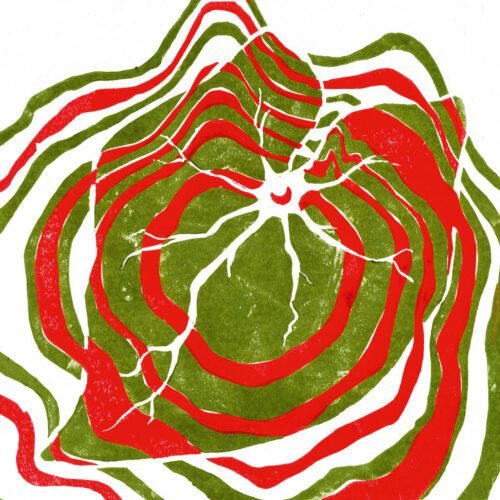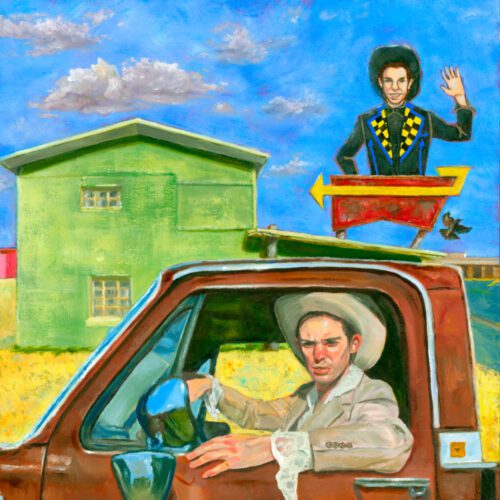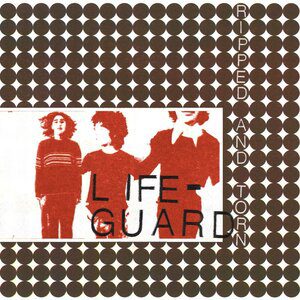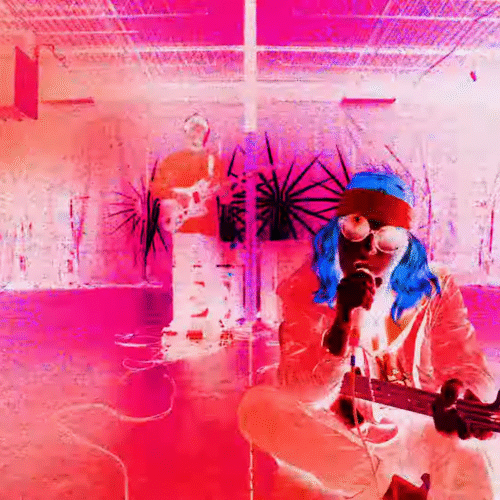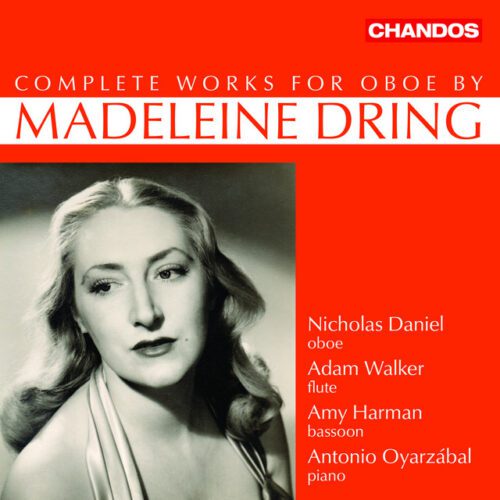Is Y La Bamba indie-rock? Latin alternative? Introspective? All of the above, no doubt.
Lucha is the seventh album from the Portland, Oregon band. Without a doubt, the soul of Y La Bamba is LuZ Elena Mendoza, singer, lyricist and guitarist. This Mexican-American, who fully embraces her dual identity, has a voice that combines intimacy and intensity. Whether she sings in Spanish or English – it’s about half and half – she creates a truly personal universe. At times, you might think she’s singing a Latin bolero, but just after that, we’re in a folk or dream rock universe.
Eight, the first offering, takes us into a world that Bjork would not disavow. With soft guitars and an echoing piano, Luz’s vocals multiply, verging on dissonance before returning to softness. With Dibujos de mi Alma, there’s more rhythm, but are we into rock or Latin beats? With explosions of brass, probably synthetic. And the electric guitars with lots of reverb, which is a big trademark of Y La Bamba. This is followed by La Lluvi de Guadalajara, a short, meditative, experimental piece. It’s not until Collapse, the fourth piece, that we find ourselves in more of an alternative rock climate. There’s also a remarkable version of I’m So Lonesome I Could Cry, by country singer Hank Williams, whose original dates back to 1949. It’s a total reworking, but a fabulous one. But make no mistake: there’s an exceptional coherence to this album, created in the midst of a pandemic, that keeps you going right to the end. From the ninth track onwards, I began to feel a little redundant. But the last few songs proved me completely wrong.
On its website, Y La Bamba states that this is a concept album, essentially recounting Luz Elena Mendoza’s questioning of identity, the queer dimension, solitude, solidarity and love. Lucha means struggle in Spanish. The participation of Venezuelan-American Devendra Banhart in the song Hues is also noteworthy. Like attracts like.
I loved this Lucha. No downsides.
